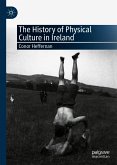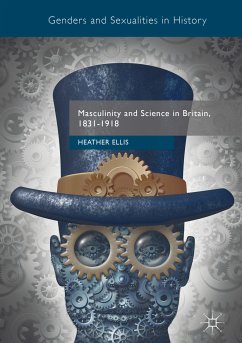Based on years of archival research in Madrid and Barcelona, this interdisciplinary study offers a fresh approach to understanding how men visualized themselves and their place in a nation that struggled to modernize after nearly a century of civil war, colonial entanglement, and imperial loss. Masculine Figures is the first study to provide a comprehensive overview of competing models of masculinity in nineteenth-century Spain, and it is particularly novel in its treatment of Catalan texts and previously unstudied evidence (e.g., department store catalogs, commercial advertisements, fashion plates, and men's tailoring journals). Fictional masculinity performs a symbolic role in representing and negotiating the contradictions male novelists often encountered in their attempts to professionalize not only as writers, but also as businessmen, professors, lawyers, and politicians. Through specific and recurring figures like the student, the priest, the businessman, and the heir, male novelists portray and represent an increasingly middle-class world at odds with the values and virtues it inherited from an imperial Spanish past, and those it imported from more industrialized nations like England and France. The visual culture of the time and place marks the material turn in middle-class masculinity and sets the stage for discussions of race and sexuality.
Dieser Download kann aus rechtlichen Gründen nur mit Rechnungsadresse in A, D ausgeliefert werden.









